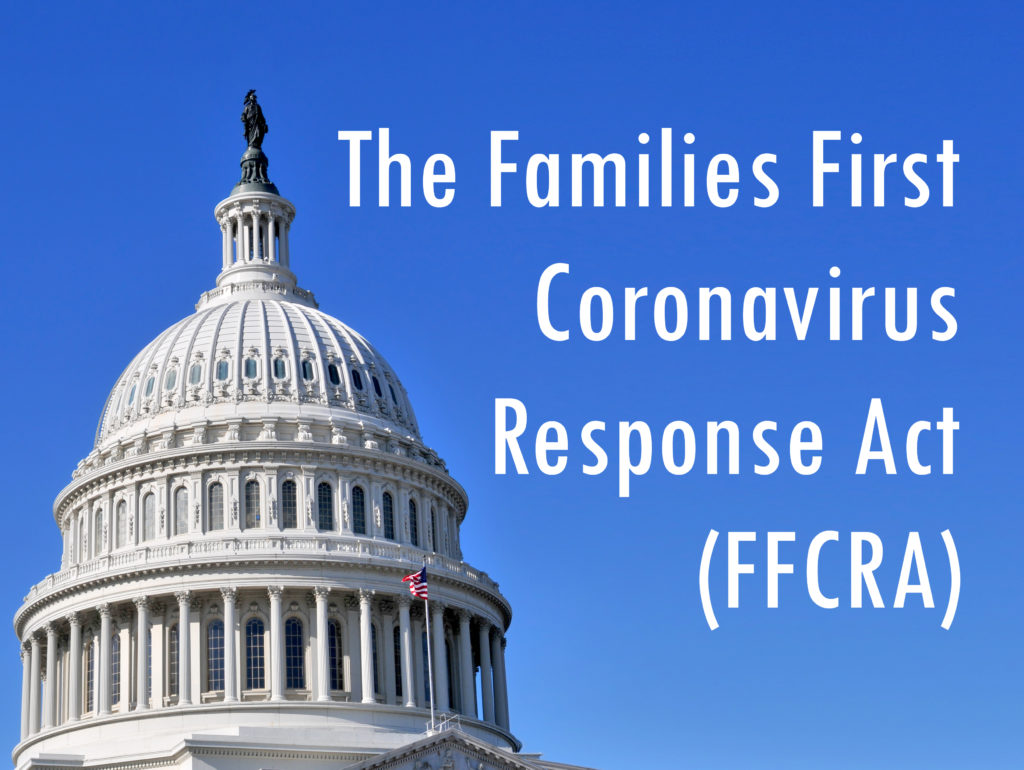
The much discussed aid package has been signed into law after significant delay and controversy. We’ll be revisiting this topic in the coming days as the details become clearer. Meanwhile, here are the key takeaways:
A $600 check to many Americans. The phase-out begins for those earning $75,000 annually and disappears at $99,000. The amount is reduced by $5 for every $100 in additional income. If your 2019 income makes you ineligible but you made a lot less in 2020, you still may be eligible for the money in the form of a refundable tax credit.
Additional unemployment benefits of $300 a week, lasting through mid-March.
Additional benefits for freelancers and gig workers.
A tax credit for employers offering paid sick leave.
$284 billion for businesses and revival of the Paycheck Protection Program, which ended some months ago.
Businesses that received PPP loans and had them forgiven faced tax confusion. The new bill will make it clear such businesses will be allowed to deduct the costs covered by those loans.
Breaks for renters and homeowners: $25 billion in rental relief and an extension of the eviction moratorium through Jan. 31, 2021.
A ban on surprise medical bills, which sometimes occur when a patient unexpectedly gets care outside of a network. Going forward, insurance companies will have to work these out with providers.
Additional protections and aid for bankruptcy filers.
Mortgage forbearance–temporarily reducing or pausing payments for 180 days.
One of the smallest provisions is also one of the most divisive: the return of the 100% deduction of the so-called three-martini lunch — that is, an increased tax break for business lunches, which are currently at 50%. This applies to restaurant and takeout meals paid for in 2021 and 2022, according to analysis from Forbes, and is not retroactive.
According to the SHRM, key employer provisions include:
What’s Out
Several heavily debated items are off the table, although they may appear in bills in the near future. Their elimination was part of a series of compromises:
Although the bill is now law, it may take a while before all the details become clear. The IRS and other government departments will likely offer additional guidance, and again, we will have more on the law’s provisions.
Please contact us today to discuss how this will affect you and your tax situation.
©2020

Individuals will be able to claim a $300 above-the-line deduction for cash contributions to qualified public charities in 2020. This rule effectively allows a limited charitable deduction to taxpayers claiming the standard deduction.
This new deduction is a COVID-related change for 2020 and an effort on the IRS part to reward those who contribute:
“Our nation’s charities are struggling to help those suffering from COVID-19, and many deserving organizations can use all the help they can get,” said IRS Commissioner Chuck Rettig. “The IRS reminds people there’s a new provision that allows for up to $300 in cash donations to qualifying organizations to be deducted from income. We encourage people to explore this option to help deserving tax-exempt organizations – and the people and causes they serve.”
In addition, the percentage limit on charitable contributions has been raised from 60% of modified adjusted gross income (MAGI) to 100% for those itemizing.
Give us a call today to discuss how this will affect your and your family’s tax returns!

One of the most significant features of the SBA’s Paycheck Protection Program is the forgiveness provision—the loans become grants for companies that use the loans to maintain their workforce levels. Companies that have met the stringent requirements need to fill out a form and follow instructions carefully—they include several measures to reduce compliance burdens and simplify the process for borrowers, including:
The application requires extensive information about your business and the loan, so be sure to have your paperwork ready as you begin.
©2020

The Families First Coronavirus Response Act (FFCRA) signed into law by President Trump on March 18, 2020 provides family and medical leave, and sick leave, to employees and provides credits to employers who provide such leave. On its website, the IRS has released a series of frequently asked questions regarding credits for wages paid for family and medical leave and for emergency paid sick time. These FAQs include important information regarding what employers are eligible for the credits, when they can claim the credits and what amount of credit employers are eligible to receive.
(more…)
During these challenging and unprecedented times, your highest priority is certainly the health of yourself and your loved ones.
However, to assist taxpayers with the economic pains caused by COVID-19 (commonly referred to as Coronavirus), the Coronavirus Aid, Relief, and Economic Security (CARES) Act was passed on March 27th. This Act contains a massive amount of relief and with it, a complexity that may be difficult to unravel. We have included the most salient points for each aspect of the law and separated them into categories (business and individuals) to assist with categorization. Please note there is some overlap of these provisions, therefore you might want to read each section below to determine what might apply to you. This tax legislation is very complicated, therefore you should contact our office to discuss how any particular provision will impact your specific situation.

The U.S. Small Business Administration (SBA) is offering low-interest federal disaster loans to small businesses (including sole proprietors, independent contractors, gig economy workers and other self-employed individuals) that are suffering economic hardship due to the COVID-19 crisis. If eligible, your business may be able to borrow 250% of your average monthly payroll
(more…)
Right now, your highest priority is the health of those you love and yourself. But if you have time to read about some non-medical but important matters related to the health crisis, here is a summary of IRS action already taken and federal tax legislation already enacted to ease tax compliance burdens and economic pain caused by COVID-19 (commonly referred to as Coronavirus).
(more…)
Despite all the gridlock in Washington, as well as an impeachment, the SECURE Act has passed. It changes a number of important retirement plan rules. The act runs over 120 pages, so the experts will be poring over it for some time. Meanwhile, a number of sources have weighed in on what they think are the key provisions. (Note that last-minute alterations and more detailed analysis may lead to additional changes in the coming weeks.)
(more…)by Don Purvis

As the end of the year approaches, it is a good time to think of planning moves that will help lower your tax bill for this year and possibly the next. Year-end planning for 2019 takes place against the backdrop of recent major changes in the rules for individuals and businesses. For individuals, these changes include lower income tax rates, a boosted standard deduction, severely limited itemized deductions, no personal exemptions, an increased child tax credit, and a watered-down alternative minimum tax (AMT). For businesses, the corporate tax rate has been reduced to 21%, there is no corporate AMT, there are limits on business interest deductions, and there are very generous expensing and depreciation rules. And non-corporate taxpayers with qualified business income (QBI) from pass-through entities may be entitled to a special deduction.

Do you have an Individual Taxpayer Identification Number (ITIN)? If so, it may be expiring soon.
All ITINs not used on a federal tax return at least once in the last three years will expire on December 31, 2019. In addition, ITINS issued before 2013 with middle digits of 83, 84, 85, 86, or 87 (Example: 9XX-83-XXXX) will expire at the end of the year.
The Internal Revenue Service (IRS) is encouraging taxpayers to submit their renewal applications early in order to avoid refund and processing delays in 2020. Taxpayers can renew their ITIN by completing a Federal Form W-7 and mailing it to the address listed on the form’s instructions with any required documentation. You can find the form here.
What is an ITIN?
An Individual Taxpayer Identification Number (ITIN) is a tax processing number assigned to individuals who do not have, or are not eligible to obtain, a Social Security number (SSN). Typically, only United States citizens and those non-citizens who are authorized to work in the U.S. receive SSNs.
For more information, visit the IRS’s Individual Taxpayer Identification Number web-page.
